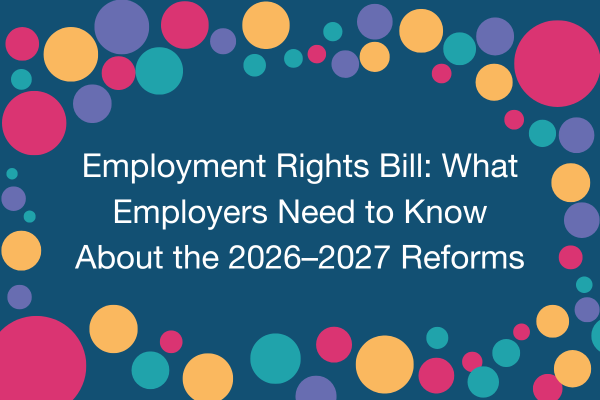News
Buying a Business: Practical TUPE Advice for Purchasers

When buying a business with employees, one of the most important legal considerations is the Transfer of Undertakings (Protection of Employment) Regulations 2006, commonly known as TUPE. TUPE is designed to protect employees when the business they work for changes hands, ensuring their employment rights are preserved. Here’s what you need to know and do as a potential purchaser:
Understand When TUPE Applies
TUPE applies in two main scenarios:
- Business Transfers: When a business or part of a business is sold, and the economic entity retains its identity. If the business continues operating in a similar way under new ownership, TUPE is likely to apply.
- Service Provision Changes: When a client changes service provider, brings work in-house, or reassigns a contract. TUPE may apply if there is an organised group of employees whose main purpose is to carry out the relevant activities.
Automatic Transfer of Employees
If TUPE applies:
- Employees assigned to the business or service being transferred automatically become your employees on their existing terms and conditions, including pay, benefits, and length of service.
- There is no break in their employment, and all rights, powers, duties, and liabilities under their contracts transfer to you.
- Recent case law suggests that “workers” (not just employees) may also be covered, though this is not yet fully settled.
Restrictions on Changing Terms and Dismissing Employees
- You cannot change employees’ terms and conditions if the sole or main reason for that change is the transfer itself, unless there is an “economic, technical or organisational” (ETO) reason for the changes which involves changes in the workforce.
- Any dismissal because of the transfer (and not for an ETO reason) will be automatically unfair. However, an employee must have been employed for 2 years or more in order to bring a claim of unfair dismissal even if the dismissal is because of the TUPE transfer.
- Employees can refuse to transfer, but this will usually end their employment without compensation.
Due Diligence is Essential
Before completing the purchase:
- Gather detailed information about the employees who will transfer, including their contracts, pay, benefits, and any ongoing disputes or liabilities, all of which you will need to honour.
- TUPE requires a seller to provide specific information in relation to each transferring employee, known as ‘employee liability information’ or ELI. This should be provided not less than 28 days before purchase completes and updated if there are changes before completion, There will often be overlap between due diligence and the ELI process.
- This information will help you understand your employment obligations and avoid surprises. As you will take on all existing liabilities and obligations owed to the transferring employees (see point 2 above) it is important that you fully understand what those liabilities and obligations are.
Consultation and Communication
- Both the seller and buyer must inform and consult with affected employees (or their representatives) about the transfer and any proposed measures.
- Failure to consult can result in an Employment Tribunal awarding compensation of up to 13 weeks’ pay per affected employee.
- If your business has fewer than 50 employees, or the transfer involves fewer than ten employees, you may be able to consult directly rather than through representatives. Otherwise unless there is a recognised trade union in place you may need to hold elections for the employees to elect their representatives for the purposes of the consultation exercise.
Special Considerations
- Some rules are relaxed if the seller is insolvent.
- Pension rights are generally excluded from automatic transfer, but check for any exceptions. As a minimum there will need to be a qualifying workplace pension scheme in place with the statutory contributions made by both employer and employee for qualifying job holders.
- Trade union recognition may transfer in some cases.
Action Steps for Purchasers
- Consider whether TUPE applies: Review the transaction and seek legal advice if unsure.
- Request employee information: Get full details from the seller.
- Plan for consultation: Identify affected employees and prepare to inform and consult.
- Assess liabilities: Consider any risks, including ongoing disputes, claims, or obligations.
- Avoid unlawful changes or dismissals: Only make changes for valid ETO reasons, and follow fair procedures.
TUPE is complex, but with careful planning and clear communication, you can manage the transfer of employees smoothly and lawfully. The Dean Wilson LLP Employment team provides specialist legal advice to ensure compliance and protect your business.
About the Author
Clare Waller is an experienced employment lawyer who acts primarily for employers, ranging from SMEs and owner-managed businesses to HR directors and business owners, across the South East and beyond. Clare’s approach is strategic, commercially focused, and tailored to the unique needs of each client.
Unlike mass HR providers, Clare delivers legally robust advice from a qualified solicitor who gets to know your business and your strategic priorities. Her solutions are designed to protect your business, your people, and your reputation, and stand up in court if challenged.



